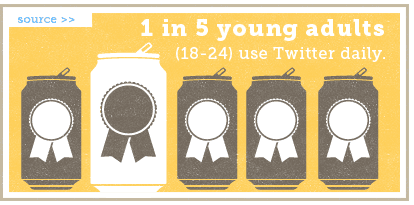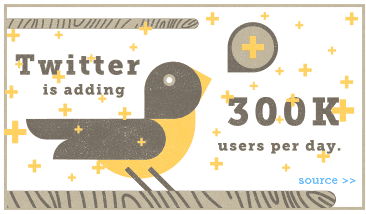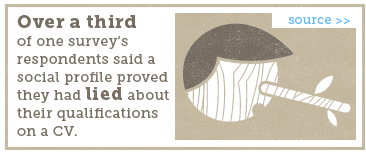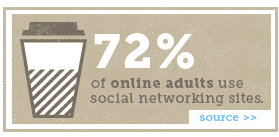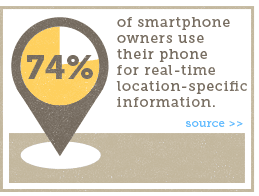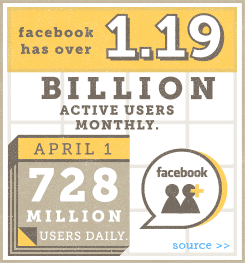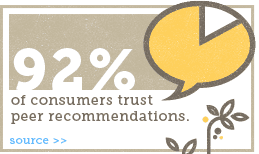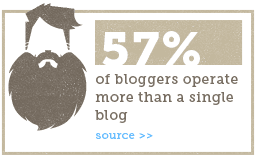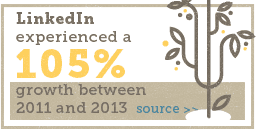Keep in mind that neither your customers' experience
nor your brand starts with Twitter, Facebook, or your blog. Social media
should take your existing brand and solidify it, galvanize it, and
bolster it. Your efforts in social media should be an extension of
everything else you do in all departments of your company. Capturing
your company's voice and sharing it with the world through social media
will open up unique opportunities in all other channels of inbound
marketing, including SEO, branding, public relations, sales, and more.

Relationships:
To get the most out of social media, make the relationships
you build with it your end goal. That might sound a bit utopian for
anyone who is grounded in more traditional and tangible business
measurement and metrics, but take a step back from the bottom-line,
ROI-seeking aspect to look at the big picture for a minute. The
relationships built with customers are the foundations upon which other
aspects of your business can and will flourish.
Relationships flourish when you cultivate them, and no other
area offers you the opportunity to do this as well as social media.
Social channels have broken down the walls between individuals at an
unprecedented rate. In 2011, Facebook released data showing that its
users were, on average,
3.74 degrees of separation away from one another, making them nearly as connected to each other as
Kevin Bacon is to the rest of Hollywood.
In the years since that study, the network has only continued to grow.
That's pretty amazing, and social media can take credit for making it
happen.
Some of the most successful SEOs and public
relations professionals earn their notoriety, at least in part, from the
relationships they are able to build. They're also good at what they
do, of course, but great relationships bolster their already solid
effort. The relationships you build with your customers lead to advocacy
and loyalty, traits that can support your brand during both the good
and the bad times, representing an investment that will remain strong on
nearly any platform and under nearly any circumstances.
 Feedback:
Feedback:

Information can be shared through social
media at an amazingly fast pace, and users are increasingly turning to
social channels to share information in real-time. This information
often takes the form of opinions, so if you're listening for the right
cues from your audience, social media can become an invaluable source of
insights and feedback. Incorporating social listening into product
development work can act as an early warning system, save on customer
service costs, provide valuable development feedback, and even help
identify ideal beta testers without much expense.
Integration:
Social media is not something you can simply "tack on" to the
rest of your marketing, branding, PR, and advertising efforts; it needs
to be a fully integrated part of the mix. In doing so, you can create a
cohesive and scalable experience for your customers. Think of it as a
means to an end, and not an end in itself. Also, it's not as hard as it
sounds.
Be sure to integrate social media into your marketing efforts
as early as possible to help amplify and solidify your work rather than
waiting until the end of a planning cycle to explore social options. If
a social presence is clear from the start, your branding will benefit
from additional customer touchpoints, PR will see a lift in impressions
and reach, and customer service can proactively listen and activate
where necessary.
As you can see, a social presence can have far-reaching
impact for your organization when it is executed in an authentic and
thoughtful manner. By making social engagement a core part of your
operations rather than an afterthought, you have a better shot at fully
leveraging its power.
Source:
Moz.com
 Link building is the process of acquiring hyperlinks from
other websites to your own. A hyperlink (usually just called a link) is a
way for users to navigate between pages on the internet. Search engines
use links to crawl the web; they will crawl the links between the
individual pages on your website, and they will crawl the links between
entire websites. There are many techniques for building links, and while
they vary in difficulty, SEOs tend to agree that link building is one
of the hardest parts of their jobs. Many SEOs spend the majority of
their time trying to do it well. For that reason, if you can master the
art of building high-quality links, it can truly put you ahead of both
other SEOs and your competition.
Link building is the process of acquiring hyperlinks from
other websites to your own. A hyperlink (usually just called a link) is a
way for users to navigate between pages on the internet. Search engines
use links to crawl the web; they will crawl the links between the
individual pages on your website, and they will crawl the links between
entire websites. There are many techniques for building links, and while
they vary in difficulty, SEOs tend to agree that link building is one
of the hardest parts of their jobs. Many SEOs spend the majority of
their time trying to do it well. For that reason, if you can master the
art of building high-quality links, it can truly put you ahead of both
other SEOs and your competition.




